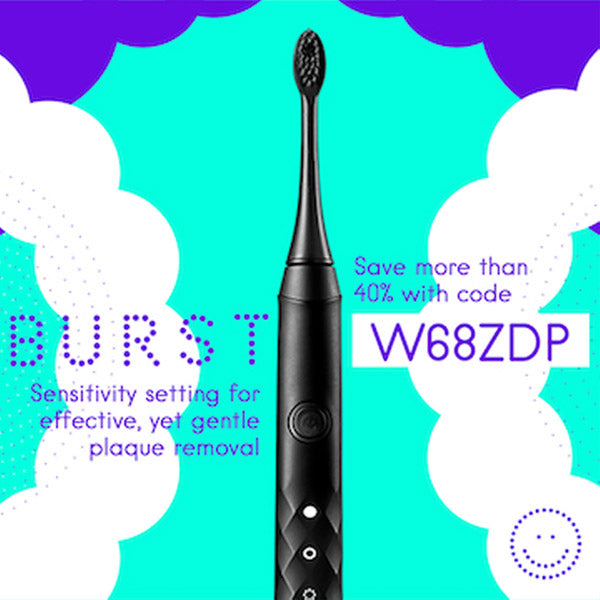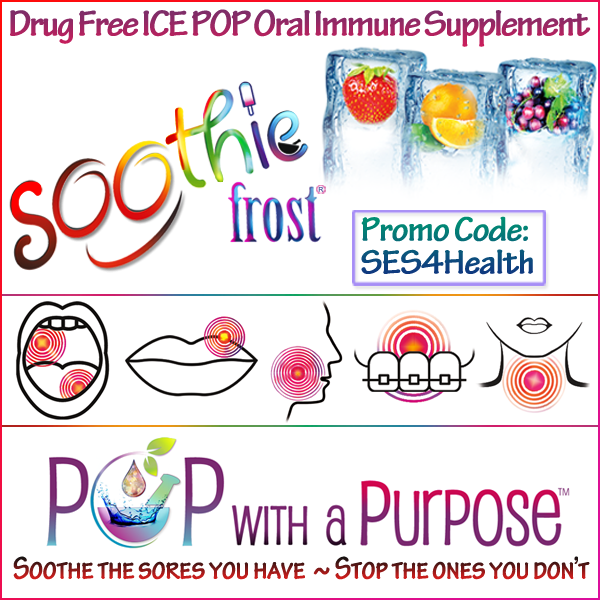Thrush (Oral Candidiasis)
Oral Candidiasis, also called Thrush, is a fungal (yeast) infection of the mouth. Although its occurance is not limited to cancer patients, a weakened immune system from the cancer and from chemotherapy or radiation can increase risks for developing Thrush.
Other risk factors include:
· HIV/AIDS
· Other health conditions such as diabetes or anemia
· Certain medications such as antibiotics, oral or inhaled corticosteroids and anti-rejection drugs
· Wearing dentures
· Dry mouth (xerostomia)
· Smoking
Oral Thrush appears as creamy white lesions on the tongue, lining of the cheeks, roof of the mouth, gums or throat. It is not tightly attached to the tissue and can be wiped or brushed off. The tissue underneath the cottage cheese-like coating will be red and irritated. Doctors can usually diagnose Thrush simply by its appearance, but samples can be scraped and examined under a microscope for identification. The corners of the mouth may also become red
and cracked. Early stages normally have no symptoms but as the infection progresses, patients may report changes in taste, a cotton-like feeling in the mouth, difficulty swallowing, pain or a burning sensation.
It is very important to treat Oral Candidiasis in the early stages to prevent it from spreading to other parts of the body, such as the digestive tract, lungs, and liver. Thrush infections that spread into the bloodstream can be fatal.
Be proactive by examining your mouth for signs of infection. Inform your Doctor if you suspect that you have Thrush. According to the Oral Cancer Foundation, "The importance of treating it in its early stages cannot be overstated." You may be prescribed an antifungal medication which comes in several forms, including lozenges, tablets or a liquid that you swish in your mouth and then swallow.




